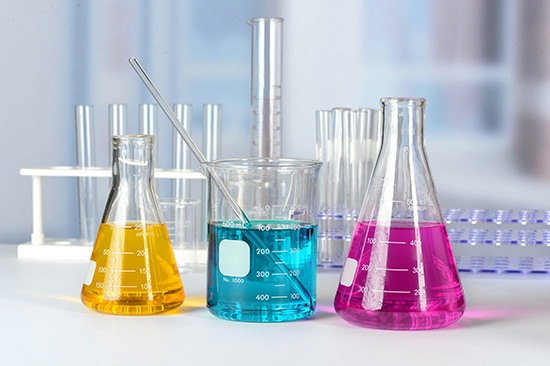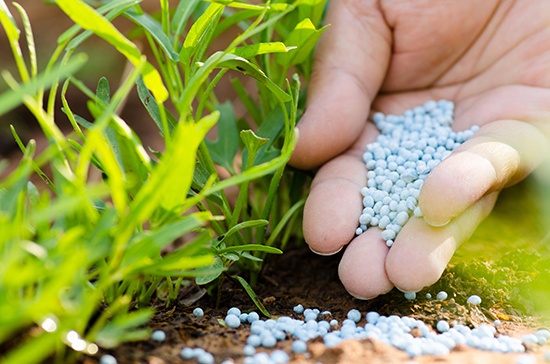THE POTASSIUM DERIVATIVES EXPERT
Potassium (K) derivatives find their origin in an electrochemical process involving potassium chloride (KCl), a salt extracted from mines. KCl is the foundation of Vynova’s potassium derivatives product range.
The electrochemical process consists of passing an electric current through a brine solution (KCl dissolved in water). In the process, potassium hydroxide (KOH) as well as chlorine (Cl2) and hydrogen (H2) are formed. This electrolysis process is the foundation for a wide range of products that are used in our daily lives.
At Vynova, we produce potassium derivatives at our site in Tessenderlo (Belgium) and at our affiliated sites in Thann (France) and Lülsdorf (Germany). This means we are the only potassium derivatives producer with three manufacturing sites in Europe, offering our customers unique and flexible logistics solutions and a highly reliable supply. Combined with our broad product range, this makes us Europe’s premier and most reliable one-stop-shop for potassium derivatives. Vynova, The Potassium Derivatives Expert.
WHY BUY FROM VYNOVA
Extensive potassium derivatives portfolio, delivering reliable solutions to a broad range of upstream markets.
Fully integrated production facilities, providing an end-to-end supply chain that keeps safety and reliability risks to a minimum.
State-of-the-art electrolysis technology, enabling the sustainable use of resources and energy during production.
Unique expertise obtained from over 200 years of chemical production in Thann and more than a century in Tessenderlo and Lülsdorf.
PRODUCTS


PRODUCTION PROCESS
Vynova uses the latest membrane electrolysis technology and processes to initiate the decomposition of salt solutions for its potassium derivatives product line.
The resulting potassium hydroxide solution (KOH) is offered in a wide range of concentrations and can be supplied through a variety of transport modes. It is used at our manufacturing sites as a raw material to produce other potassium derivatives.
The production process for potassium hydroxide flakes and pellets consists in drying the potassium hydroxide solution that was formed in the electrolysis process. After solidifying, it is offered in various forms and concentrations.
To produce potassium carbonate, the 50% potassium hydroxide solution that was formed in the electrolysis process, is carbonated with CO2. The produced potassium carbonate solution is supplied directly to the market or used as a raw material to manufacture potassium carbonate solid.
The production process of potassium carbonate solid is based on the crystallisation and further calcination of a potassium carbonate solution. The product is available in granulated and fine powder form.
To produce potassium bicarbonate (also known as potassium hydrogen carbonate), potassium carbonate solution is carbonated with CO2. The product is available in powder, granulate or fine crystalline form.

MAIN APPLICATIONS
Vynova is a leading supplier of a wide range of potassium derivatives in solution, flake, pellet, granulated or powder forms, and is dedicated to a variety of markets ranging from agrochemicals, food and feed, to pharmaceuticals, consumer care and industrial applications.
Potassium derivatives are crucial to many manufacturing and processing industries. Detergents and cleaners as well as specialty glass and photographic chemicals all rely on the processing or use of potassium derivatives to produce their intermediate or final product.
One of the most widespread uses of potassium derivatives globally is found in the agricultural industry, where it serves as an important intermediate/additive used in the synthesis of crop protection agents and as a plant nutrient.
As key components in the food and beverage production, potassium derivatives increase the shelf life and taste of food products. Potassium derivatives are also used as agents in personal care products, making life more comfortable, and as significant compounds in pharmaceuticals synthesis, contributing to our overall health and well-being.

FOOD AND AGROCHEMICALS
With global food demand on the rise, potassium derivatives provide innovative solutions to help feed a growing world population. They help create complex fertilizers for greenhouse and outdoor crops, providing an essential tool for drought affected farmers.
In food production, potassium derivatives act as preservatives and acidity regulators for processed foods. In some cases it can also be used to improve the colour or taste of food products. The dried fruit industry enjoys a faster, improved control of the drying process thanks to potassium derivatives while in other food-related industries they are used as leavening agents in baked goods, as an effervescent agent or to reduce the sodium level of food products.

CONSUMER CARE
Potassium derivatives are present in many home and personal care products, serving as direct intermediates for the formulation of, for example, moisturizers and lotions.
From bath products to oral and hair care items, potassium derivatives possess the right properties to act as bulking agents, abrasives, pH adjusters, buffering agents, absorbents and opacifying agents.

INDUSTRIAL APPLICATIONS
Potassium derivatives are used for a wide range of industrial applications. The deicing industry uses potassium hydroxide in environmentally friendly solutions to deice airport runways, thereby enabling safe travel.
You can find many potassium-derived solutions at work behind the scenes to enhance material properties such as brilliance, electrical resistivity and increased temperature range.
Other general industry applications include the use of potassium derivatives as a binder and a fluxing agent in welding rods, in specialty glass manufacturing to increase a windshield’s refractive index as well as in metal surface, textile and water treatment.

PHARMACEUTICALS
Vynova supplies potassium derivatives for a wide range of pharmaceutical applications, including the treatment of potassium deficiency in patients.
Potassium derivatives are most often utilized as a pharmaceutical excipient playing a supporting role to the active drugs. They help transport the active drug to the required site in the body while preventing premature release and ensuring steady dosing of the active ingredients. In addition, potassium derivatives can improve the taste of medication for children, help capsules disintegrate and act as a preservative, increasing the shelf life of pharmaceuticals.
THE VYNOVA POTASSIUM DERIVATIVES SALES TEAM
Our potassium derivatives sales team provides technical expertise and reliable support for your business needs. If you have questions about our comprehensive line of K derivatives, we will be happy to respond to your enquiry.
Find out how we can positively impact your business. Fill out the form and we will contact you as soon as possible.
You can download our general terms and conditions of sale on the dedicated page.

Export markets, Italy, Spain, Poland, Czech Republic, Slovakia, Latvia, Ukraine, Bulgaria, Hungary
SIMONE VILLA
Area Sales Manager Potassium DerivativesOUR PRODUCT BLOG POSTS

Potassium hydroxide, enabling healthier, tastier and better looking dairy products
Potassium hydroxide (KOH) from Vynova plays a key role in dairy products and is used to produce whey protein, for the natural colouring of cheese and as an emulsifying agent.

Potassium derivatives, helping meat products stay fresh for longer
Potassium derivatives from Vynova are a key ingredient in meat preservation agents that help control spoilage by slowing down enzymatic activity, inhibiting rancidity by preventing the oxidation of fatty acids and the growth of microorganisms.

How potassium derivatives help to feed the world
Fertilisers play an important role in modern day agriculture, increasing the production of biomass in plants, boosting yields, and contributing to the major challenge of feeding a growing world population. Potassium derivatives from Vynova are a key ingredient in liquid complex fertilisers that help to ‘feed’ plants so they can grow stronger, faster, and larger.

Enjoy the summer vibe with potassium derivatives
Summer wouldn’t be summer without potassium derivatives. From healthy meals with friends and family to fun in the water, potassium derivatives help to improve the quality of our everyday life.

Potassium hydroxide in your bathroom
Potassium hydroxide (KOH) from Vynova is used in a wide range of personal care products to ensure the right pH balance, which is essential for healthy skin.

Crystal clear: the role of potassium carbonate in glass manufacturing
Potassium carbonate from Vynova plays a vital role in many different glass applications, increasing the resistance, transparency, and refractive coefficient of glass to give it excellent clarity.

Potassium derivatives, making your baking a success
Potassium derivatives from Vynova play a hidden, but important, role in making your baking a mouth-watering success.
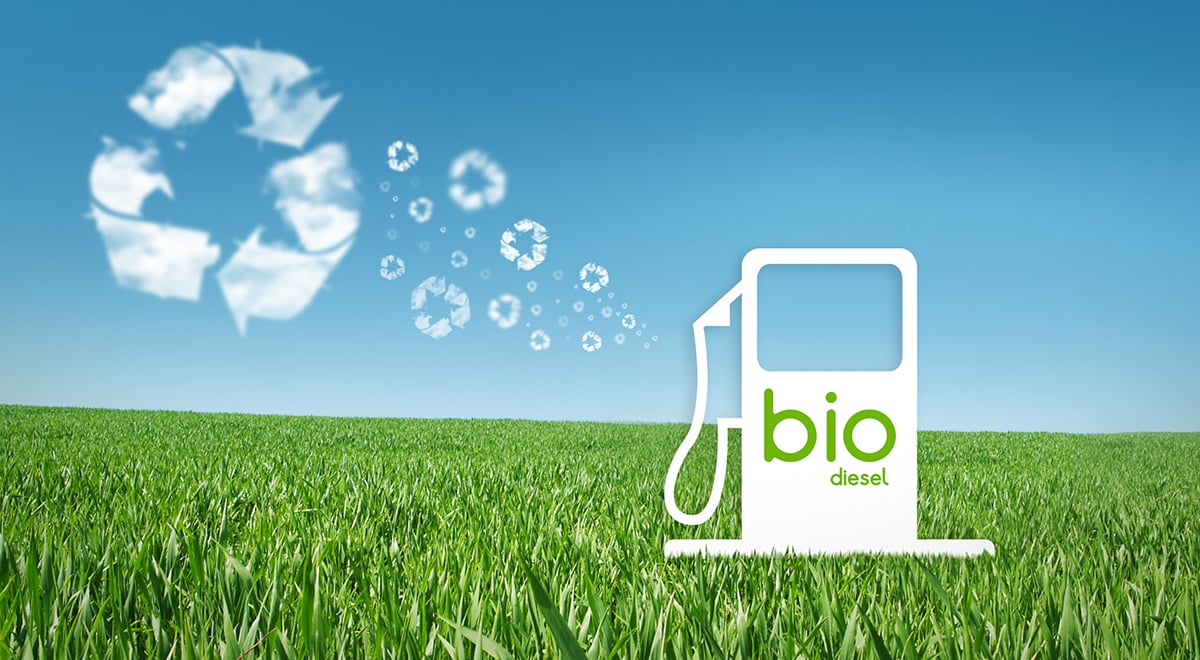
Potassium hydroxide and biodiesel, helping fuel the world
Potassium hydroxide (KOH) from Vynova plays an essential role as catalyst in the production process of biodiesel, a renewable fuel made from vegetable oils or animal fats.

Enjoying swimming pools with Vynova
When you think about your happiest summer memories, what pops into your mind? For many, the answer is warm weather, great holidays, cool ice cream and family fun in the pool. Let’s take a look at how PVC and chlorine from Vynova enable you to enjoy your swimming pool experience.

Potassium Hydroxide cleans up
When producing any type of cleaning product, the base needs to have certain characteristics. For example, it needs to be a strong chemical base, react well with grease and fats, have a high affinity for water and be able to degrade various materials. Potassium hydroxide (KOH) has all these characteristics and more.

Preserving your Wine with Potassium Metabisulfite
“Oxygen is the greatest enemy of wine” according to Louis Pasteur, the father of modern microbiology. However, there are ways to defeat this enemy, extending the longevity of wine and preserving its flavours. So, how can we get the advantages of oxygen, without the disadvantages? The solution is potassium metabisulfite.

Powering Alkaline Batteries with Potassium Hydroxide
Alkaline batteries have literally become an essential part of our lives. They are used in everything from hearing aids to remote controls, toys and video games. In fact, the industry has grown into a multi-billion dollar industry since its inception in the 1950s.

Potassium Citrate, Keeping Your Food Fresh for Longer
Preservation of food is something humans have had to do for generations. This is the way we prevent food from deteriorating due to microorganisms, light, heat or oxidation so that it lasts longer. In ancient times salt was the primary preserving agent.

Chlorine Chemistry and Titanium Dioxide, Adding Brightness to Life
Titanium is a highly versatile metal used in applications from aircraft engines to artificial hips. But it is in the form of titanium dioxide (TiO2) where this metal finds its biggest market.

Staying Sugar-Free with Acesulfame Potassium
According to the World Health Organisation, worldwide obesity has nearly tripled since 1975. The problem is that we are consuming more calories than we are using, which leads to a build-up of fat in the body.
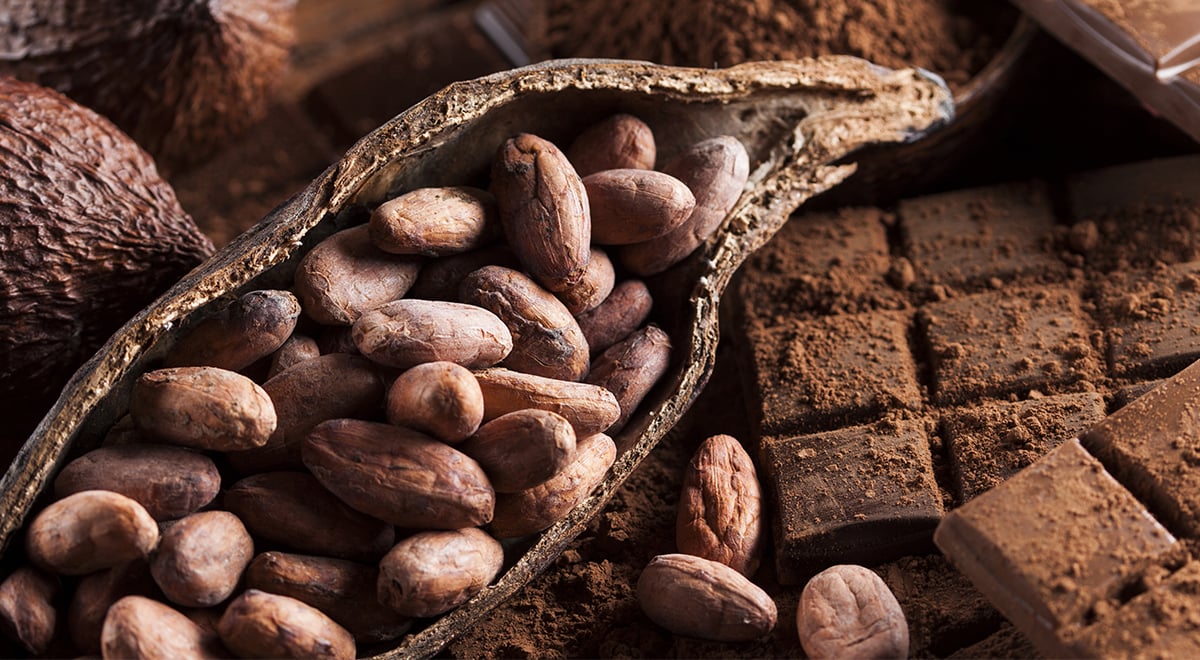
Potassium Carbonate, Contributing to Better Chocolate
The origins of chocolate stretch back to the 18th century when a Swedish botanist, Carolus Linnaeus, gave the cocoa tree its Greek name Theobroma Cacao, which means “food of the Gods.” However, it was during the 19th century that many of the innovations and improvements in chocolate production were developed.
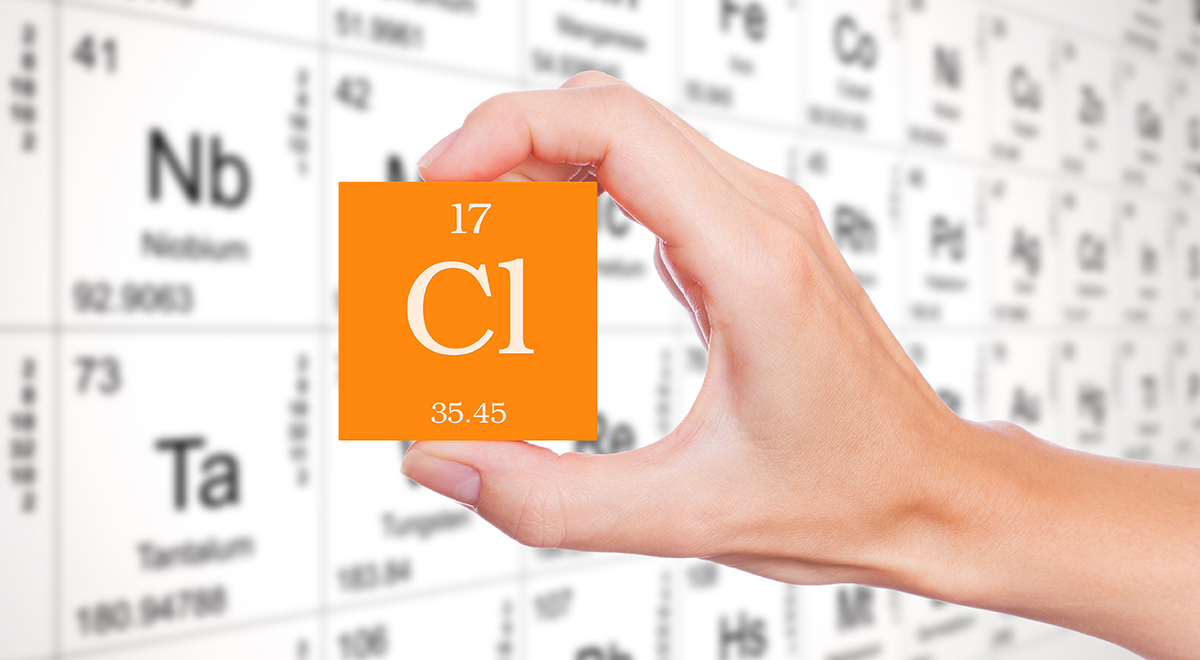
Chlorine - a Versatile Chemical Building Block
We use chlorine in pharmaceuticals, medical devices, windows, flooring, insulation and piping. Water purification and swimming pool disinfection are also well-known applications for chlorine. Vynova produces chlorine and uses it in the manufacture of polyvinyl chloride (PVC) and sodium hypochlorite.

How Potassium-Based De-Icers Ensure Safe Air Travel
De-icers on the basis of potassium hydroxide (KOH) couple effectiveness with a low environmental impact. As Europe’s number 1 producer of potassium hydroxide, Vynova is a major supplier to the de-icing industry, contributing to safe air travel.
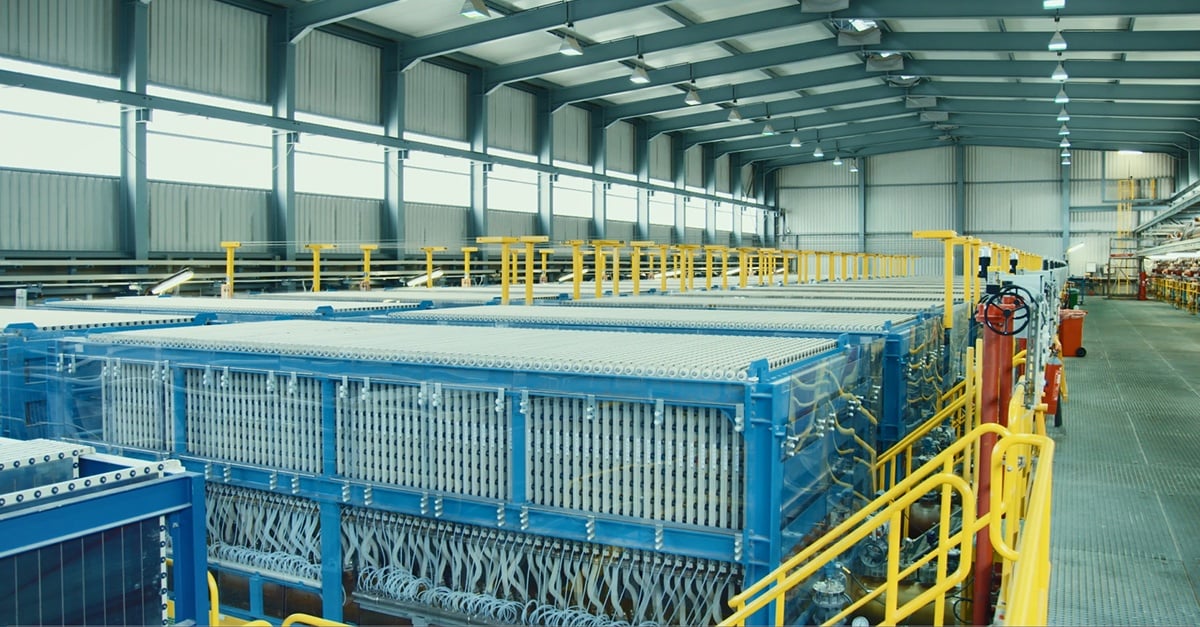
Converting from Mercury to Membrane Cells
The development of electrolysis as an industrial technology was a breakthrough for the commercial manufacturing of chemicals. Using this process to produce chlorine and caustic soda or caustic potash began late in the 19th century.
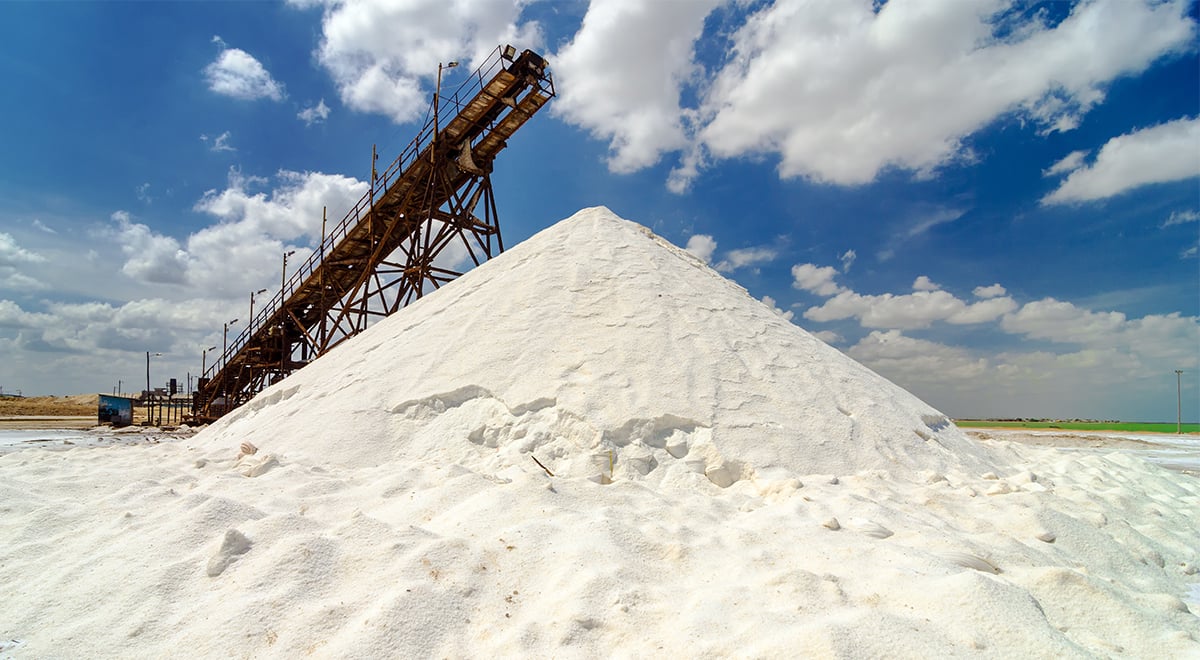
Potassium Derivatives – It All Starts with Salt
The primary raw material we use for potassium derivative production is industrial grade potassium chloride (KCl), also known as potash. Potash is mined from the ground using one of the two following techniques: traditional or solution mining. KCl is commonly found in soil along with other minerals.
